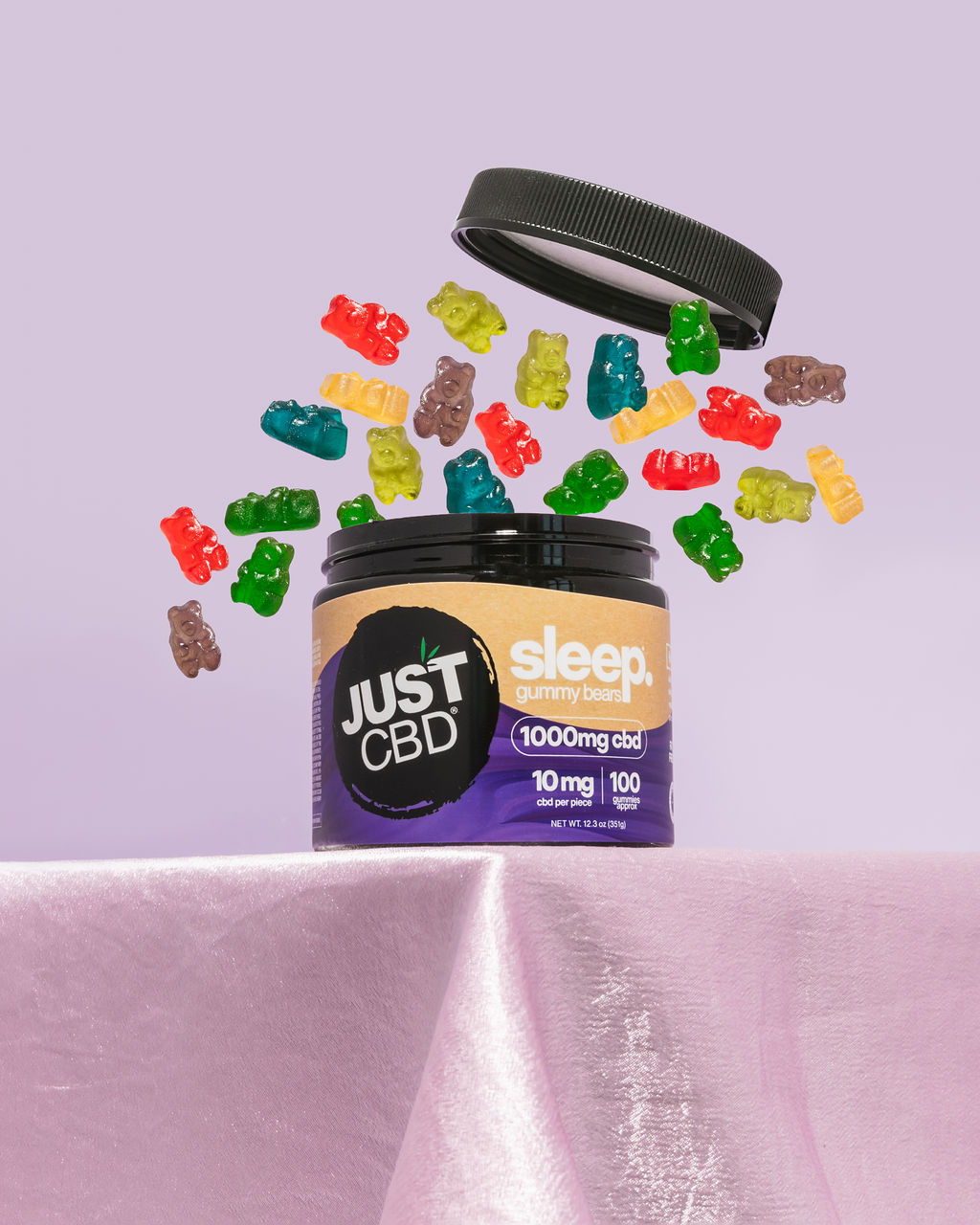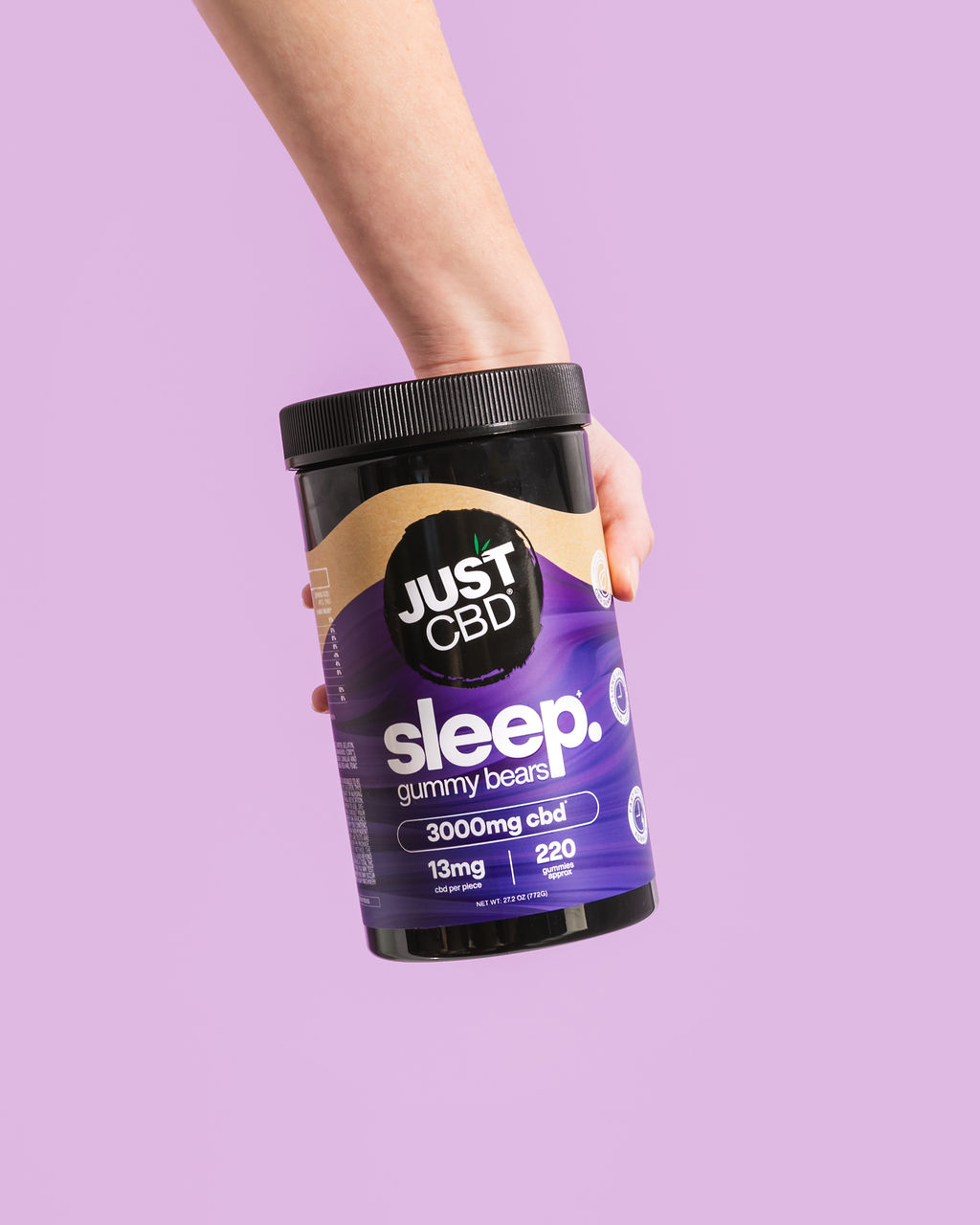Potential Benefits of Kratom Gummies for Seasonal Affective Disorder (SAD)
Seasonal Affective Disorder (SAD), a type of depression linked to changes in seasons, can significantly impact an individual’s well-being. While traditional treatments like therapy and medication exist, some individuals are exploring alternative options for managing their SAD symptoms. Kratom, a tropical plant with potential mood-boosting properties, has gained attention as a possible remedy. Specifically, kratom gummies offer a convenient and palatable way to incorporate this compound into a daily routine, potentially providing relief from the challenges of seasonal depression.
Mood Enhancement

Seasonal Affective Disorder (SAD), a type of depression linked to changes in seasons, can significantly impact an individual’s well-being. While traditional treatments like therapy and medication exist, some individuals are exploring alternative options for managing their SAD symptoms. Kratom, a tropical plant with potential mood-boosting properties, has gained attention as a possible remedy. Specifically, kratom gummies offer a convenient and palatable way to incorporate this compound into a daily routine, potentially providing relief from the challenges of seasonal depression.
Potential benefits of kratom gummies for SAD may include:
- Mood Elevation: Kratom contains compounds that are believed to interact with opioid receptors in the brain, which can lead to feelings of euphoria and relaxation. These effects might help alleviate the depressed mood often associated with SAD.
- Increased Energy Levels: Some individuals report experiencing increased energy and motivation after consuming kratom. This could be beneficial for those struggling with fatigue and low motivation during the darker months of the year.
- Reduced Anxiety: Kratom may have anxiolytic properties, meaning it can help reduce feelings of anxiety and stress. For people with SAD who also experience anxiety, kratom gummies could offer additional symptom relief.
Pain Management
Seasonal Affective Disorder (SAD), a type of depression linked to changes in seasons, can significantly impact an individual’s well-being. While traditional treatments like therapy and medication exist, some individuals are exploring alternative options for managing their SAD symptoms. Kratom, a tropical plant with potential mood-boosting properties, has gained attention as a possible remedy. Specifically, kratom gummies offer a convenient and palatable way to incorporate this compound into a daily routine, potentially providing relief from the challenges of seasonal depression.
Potential benefits of kratom gummies for SAD may include:
- Mood Elevation: Kratom contains compounds that are believed to interact with opioid receptors in the brain, which can lead to feelings of euphoria and relaxation. These effects might help alleviate the depressed mood often associated with SAD.
- Increased Energy Levels: Some individuals report experiencing increased energy and motivation after consuming kratom. This could be beneficial for those struggling with fatigue and low motivation during the darker months of the year.
- Reduced Anxiety: Kratom may have anxiolytic properties, meaning it can help reduce feelings of anxiety and stress. For people with SAD who also experience anxiety, kratom gummies could offer additional symptom relief.
Energy Levels and Fatigue Relief
Seasonal Affective Disorder (SAD), a type of depression linked to changes in seasons, can significantly impact an individual’s well-being. While traditional treatments like therapy and medication exist, some individuals are exploring alternative options for managing their SAD symptoms. Kratom, a tropical plant with potential mood-boosting properties, has gained attention as a possible remedy. Specifically, kratom gummies offer a convenient and palatable way to incorporate this compound into a daily routine, potentially providing relief from the challenges of seasonal depression.
Potential benefits of kratom gummies for SAD may include:
- Mood Elevation: Kratom contains compounds that are believed to interact with opioid receptors in the brain, which can lead to feelings of euphoria and relaxation. These effects might help alleviate the depressed mood often associated with SAD.
- Increased Energy Levels: Some individuals report experiencing increased energy and motivation after consuming kratom. This could be beneficial for those struggling with fatigue and low motivation during the darker months of the year.
- Reduced Anxiety: Kratom may have anxiolytic properties, meaning it can help reduce feelings of anxiety and stress. For people with SAD who also experience anxiety, kratom gummies could offer additional symptom relief.
Improved Sleep Quality
Kratom gummies are gaining attention as a potential aid for managing Seasonal Affective Disorder (SAD).
Kratom contains compounds that may interact with opioid receptors in the brain, leading to feelings of euphoria and relaxation. These effects could help alleviate the depressed mood often associated with SAD.

Some individuals report experiencing increased energy and motivation after consuming kratom. This boost in energy could be beneficial for those struggling with fatigue and low motivation during the winter months.
Kratom may also have anxiolytic properties, meaning it can help reduce feelings of anxiety and stress. For individuals with SAD who experience anxiety, kratom gummies could offer additional symptom relief.
Mechanisms of Action
Understanding how kratom gummies might work to alleviate Seasonal Affective Disorder (SAD) involves exploring their potential mechanisms of action.
Interaction with Opioid Receptors
Kratom contains compounds known as mitragynine and 7-hydroxymitragynine, which are believed to interact with opioid receptors in the brain. These receptors are involved in regulating mood, pain perception, and feelings of pleasure.
When kratom’s compounds bind to opioid receptors, they can trigger a cascade of effects. This interaction is thought to contribute to the potential mood-elevating and relaxing effects associated with kratom use.
Influence on Neurotransmitters
Kratom contains compounds known as mitragynine and 7-hydroxymitragynine, which are believed to interact with opioid receptors in the brain. These receptors are involved in regulating mood, pain perception, and feelings of pleasure.
When kratom’s compounds bind to opioid receptors, they can trigger a cascade of effects. This interaction is thought to contribute to the potential mood-elevating and relaxing effects associated with kratom use.
Additionally, kratom may influence neurotransmitters like serotonin and dopamine, which play crucial roles in regulating mood, motivation, and feelings of well-being.
Dosage Considerations for SAD Treatment
When considering kratom for SAD treatment, dosage is a crucial factor.
Factors influencing the appropriate dosage include individual body weight, metabolism, and the severity of SAD symptoms.
It’s essential to start with a low dose and gradually increase it as needed while monitoring for any adverse effects.
Starting Dosage

When considering kratom for SAD treatment, dosage is a crucial factor. Factors influencing the appropriate dosage include individual body weight, metabolism, and the severity of SAD symptoms. It’s essential to start with a low dose and gradually increase it as needed while monitoring for any adverse effects.
Adjusting Dosage Based on Individual Response
When considering kratom for SAD treatment, dosage is a crucial factor. Factors influencing the appropriate dosage include individual body weight, metabolism, and the severity of SAD symptoms.
It’s essential to start with a low dose and gradually increase it as needed while monitoring for any adverse effects.
Important Safety Precautions
Dosage considerations are vital when using kratom for SAD treatment. Individual responses to kratom can vary significantly based on factors like body weight, metabolism, and the severity of SAD symptoms.
It is strongly recommended to begin with a low dose and gradually increase it as needed while carefully monitoring for any adverse effects.
Close attention to individual responses and adjustments to dosage are crucial for safe and effective kratom use.
Important safety precautions should always be observed when using kratom for SAD or any other purpose:
Consult with a healthcare professional before using kratom, especially if you have pre-existing medical conditions, take medications, or are pregnant or breastfeeding.
Be aware of potential side effects such as nausea, constipation, dizziness, and insomnia. If any adverse effects occur, discontinue use and seek medical advice.
Avoid mixing kratom with alcohol or other drugs, as this can increase the risk of harmful interactions.
Kratom’s long-term effects are not fully understood, so it’s important to use it responsibly and under professional guidance.
Potential Side Effects and Risks
While kratom gummies show promise for managing Seasonal Affective Disorder (SAD) symptoms, it is essential to be aware of potential side effects and risks.
Gastrointestinal Upset
Like any substance, kratom can cause side effects. Gastrointestinal upset is a common one, and may include nausea, diarrhea, constipation, or stomach pain.
Drowsiness and Sedation
Drowsiness and sedation are also possible side effects of kratom use. This can occur due to kratom’s interaction with opioid receptors in the brain, which are involved in regulating sleep and wakefulness.
It’s important to note that these side effects vary from person to person and depend on factors such as dosage, frequency of use, and individual sensitivity.
Interaction with Medications
Kratom can interact with certain medications, potentially leading to adverse effects.
It’s crucial to consult with a healthcare professional before using kratom if you are taking any medications, especially:
- Opioid pain relievers: Kratom may enhance the effects of opioids, increasing the risk of overdose.
- CNS depressants (e.g., benzodiazepines, barbiturates): Combining kratom with these drugs can lead to excessive sedation and respiratory depression.
- Blood thinners (e.g., warfarin): Kratom may interfere with the effectiveness of blood thinners.
- Serotonin reuptake inhibitors (SSRIs) or other antidepressants: Kratom’s interaction with serotonin levels could lead to unpredictable effects when taken with these medications.
Always inform your healthcare provider about all medications and supplements you are taking before using kratom.
Tolerance and Dependence
While kratom gummies may offer potential benefits for managing Seasonal Affective Disorder (SAD), it’s crucial to understand the potential risks and side effects associated with its use.
- Gastrointestinal Distress: Nausea, diarrhea, constipation, and stomach pain are common side effects of kratom consumption.
- Central Nervous System Effects: Kratom can cause drowsiness, sedation, dizziness, and impaired coordination.
- Cardiovascular Effects: In some cases, kratom may elevate heart rate and blood pressure.
- Addiction Potential: Regular kratom use can lead to dependence and withdrawal symptoms when discontinued. These symptoms may include anxiety, irritability, muscle aches, and insomnia.
Kratom’s long-term effects are not fully understood, and there is a risk of potential liver damage with prolonged or excessive use.
It’s important to note that kratom can interact with certain medications, potentially leading to adverse effects.
- Opioid Medications: Kratom can enhance the effects of opioids, increasing the risk of overdose.
- Central Nervous System Depressants (e.g., benzodiazepines): Combining kratom with these drugs can lead to excessive sedation and respiratory depression.
Legal Status and Regulations
Legal status and regulations surrounding kratom vary significantly around the world.
In the United States, kratom is currently not classified as a Schedule I drug under the Controlled Substances Act, meaning it is not entirely illegal at the federal level.
However, some states have implemented their own bans or restrictions on kratom sales and possession.
It’s essential to research the specific laws in your jurisdiction before using kratom.
In other countries, kratom may be legal, illegal, or subject to various regulations.
Finding Reputable Suppliers of Kratom Gummies
Finding reputable suppliers of kratom gummies is crucial for ensuring product safety and quality. Look for vendors who provide transparent sourcing information, third-party lab testing results, and positive customer reviews.
Quality Control Measures
Finding reputable suppliers of kratom gummies requires diligence and careful research.
Prioritize suppliers that offer transparent sourcing practices and readily available information about the origins of their kratom. Look for evidence of third-party laboratory testing to verify product purity and potency. Reputable suppliers will openly share these results with consumers, ensuring you know exactly what you’re ingesting.
Additionally, pay attention to customer reviews and testimonials. Sites like Reddit or specialized kratom forums can provide valuable insights into the experiences of other users. Websites dedicated to kratom consumer advocacy often feature reviews and ratings of various suppliers.
Quality control measures in the kratom industry are evolving, but there’s still a need for greater standardization. Look for suppliers who demonstrate a commitment to quality by implementing rigorous testing protocols and adhering to good manufacturing practices (GMP).
Third-party lab testing is essential for ensuring the safety and purity of kratom products. Independent laboratories can analyze samples for contaminants such as heavy metals, pesticides, or microbial contamination.
Reputable suppliers should make these test results readily available to consumers, allowing you to make informed decisions about the products you choose.
Transparency in Sourcing and Production Practices
Finding reputable suppliers of kratom gummies is crucial for ensuring product safety and quality. Look for vendors who provide transparent sourcing information, third-party lab testing results, and positive customer reviews. Transparency in sourcing and production practices is essential for building trust with consumers.
Reputable suppliers should be able to clearly state where their kratom is sourced from, outlining the farming practices and harvesting methods used. They should also be open about their manufacturing processes, including details about how their gummies are produced and packaged.
Third-party lab testing adds an extra layer of assurance, confirming that kratom products meet certain standards for purity and safety. Consumers should look for suppliers who invest in these tests and make the results readily available to the public.
Just Kratom Gummies for stress relief
